
DEPRESSION
What it is, what it isn’t, and how to start on your journey to healing
WRITERS’ NOTE
Hi! We’re Jon, Rachel, and Gary – the psychiatrist, writer and pastor who worked together to bring you the booklets in this series.
We’re so glad you’re taking the time to read this note, and we want to do everything we can to help you feel better.
Later on, we’ll take turns writing these notes, and you’ll get to hear some of our stories.
We come from different backgrounds, but what we all have in common is that we’ve seen depression up close.
We’ve watched it weigh down our friends, our clients, our loved ones, and sometimes, even us.
We know depression is heavy, and we know it can make you tired, so tired that maybe reading a booklet like this seems pretty far out of reach.
And that’s OK.
There’s no required reading, and there won’t be a test.
If you can read one article, or scan through the headings, celebrate your progress!
We promise not to reach out of the pages and ruin your party.
Do what you can when you can, and if you decide you want to read more later, we’ll be here.
More than anything, we want you to know that you aren’t alone.
-Rachel, Jon, & Gary

Let’s Talk About Mental Health

If you’ve ever felt depressed, you’re in good company.
Some of the Bible’s greatest heroes faced depression. Be gentle with yourself.

“Elijah was afraid and ran for his life… He came to a broom bush, sat down under it and prayed that he might die…
Then he lay down under the bush and fell asleep.”
-1 Kings 19:3-5 (NIV)

Elijah, legendary prophet
Imagine, for a minute, that you’re on Mount Carmel. You’re watching the prophet Elijah as he stares down four hundred and fifty prophets of Baal.
No one has sacrificed to God in so long, that the altar has broken to bits. Elijah repairs it.
There’s a drought going in, and water is more precious than gold, but Elijah orders 12 giant jars of water poured on the altar.
Twelve jars!
That’s how sure he is that God’s going to send rain.
And sure enough, God sends fire from heaven, and rain to end the drought, both in one day.
Then, when King Ahab hitches up his elite chariot horses and gallops down the hill with a storm on heels,
Elijah runs ahead of him on foot, leaving the royal racehorses in his dust.
Amazing, right?

It doesn’t seem like he’d have doubts.
He and God talk like old friends. God sends him fire and rain and miraculous gifts, and (spoiler alert) when he gets older, God’s going to send a flaming chariot down, skip that awkward death phase, and bring his prophet home.
Yup, if anyone has a right to be perfectly secure in his relationship with God, it’s Elijah. But what happens right after his heroic day of firestorms and super speed?

Then he runs away
After one little threat from an angry queen, Elijah gets scared and runs for his life.
First Kings 19 says that he “went a day’s journey into the wilderness. He came to a broom bush, sat down under it and prayed that he might die…Then he lay down under the bush and fell asleep.”
What? Yesterday, God worked miracles through him.
Why run away now?
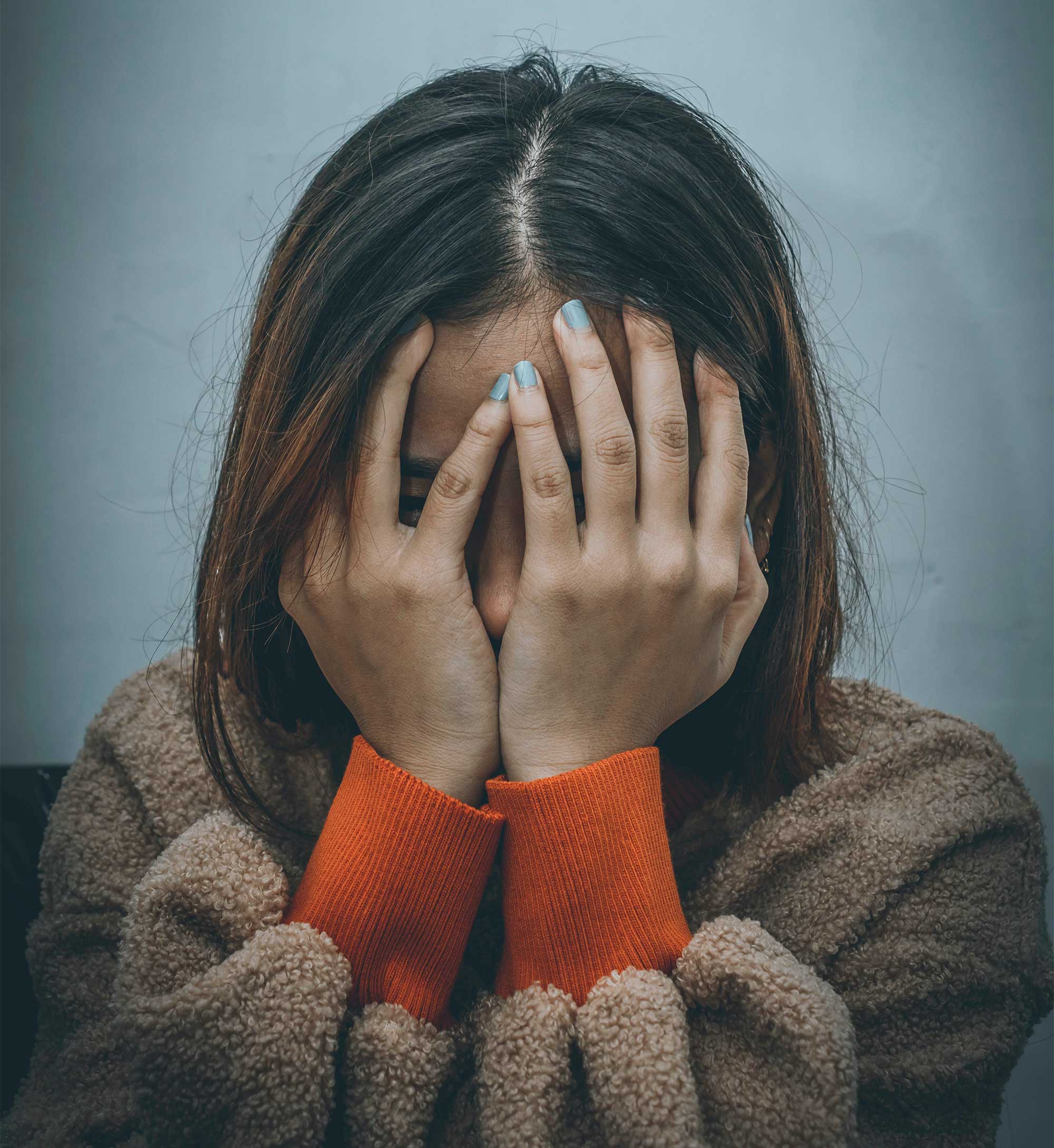
Depression does that to people
There were probably a lot of reasons that Elijah was so depressed.
He may have been exhausted from his time on the run, with no mental energy left for Jezebel’s crazy.
He may have been so pumped full of adrenaline from the previous day’s confrontation that he crashed hard and couldn’t deal with all the negative thoughts.
Things like that are understandable for those of us who deal with depression.
No matter how successful your day has been, you don’t stay on that high forever.
You come down, hard sometimes, and it hurts.

God understands
How does God respond to Elijah’s sudden attack of doubts and fears?
Does he scold Elijah for not “staying strong?”
Does he tell Elijah that he’s disappointed in his prophet’s lack of faith?
No.
Instead, God sends an angel to bring Elijah some food, so he can eat and go back to sleep.
And when he finally has Elijah’s attention, God listens to his prophet, encourages him, and helps him find a friend, Elisha, who sticks around for the rest of Elijah’s life on earth.

Depression is an illness
If you’ve been struggling with depression or anxiety, if you’re feeling weighed down and guilty for not just “keeping your chin up,” relax.
You’re not lazy or weak. You aren’t supposed to “just pray your depression away.”
Like any illness, depression needs to be treated.
But it can be.
You don’t have to feel like this forever.
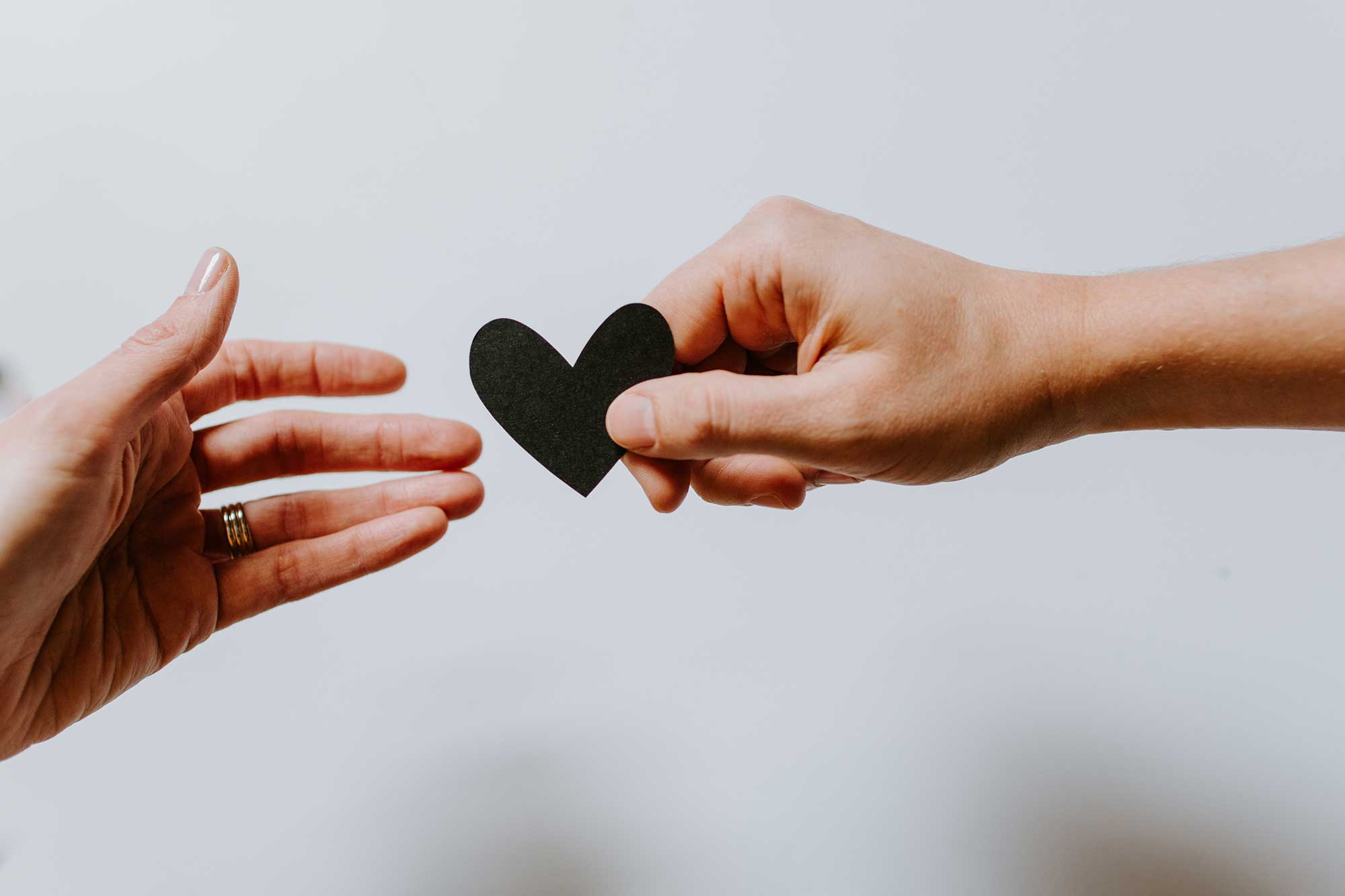
The lessons in this series can help
This series was designed to help you understand depression and anxiety and to help you get the treatment that you need to start feeling better.
Plus, you’ll find some tools to start feeling better on your own.
These booklets aren’t designed to be a replacement for treatment by a mental health professional.
Instead, you can use them alongside your treatment plan and give yourself as much support as possible.
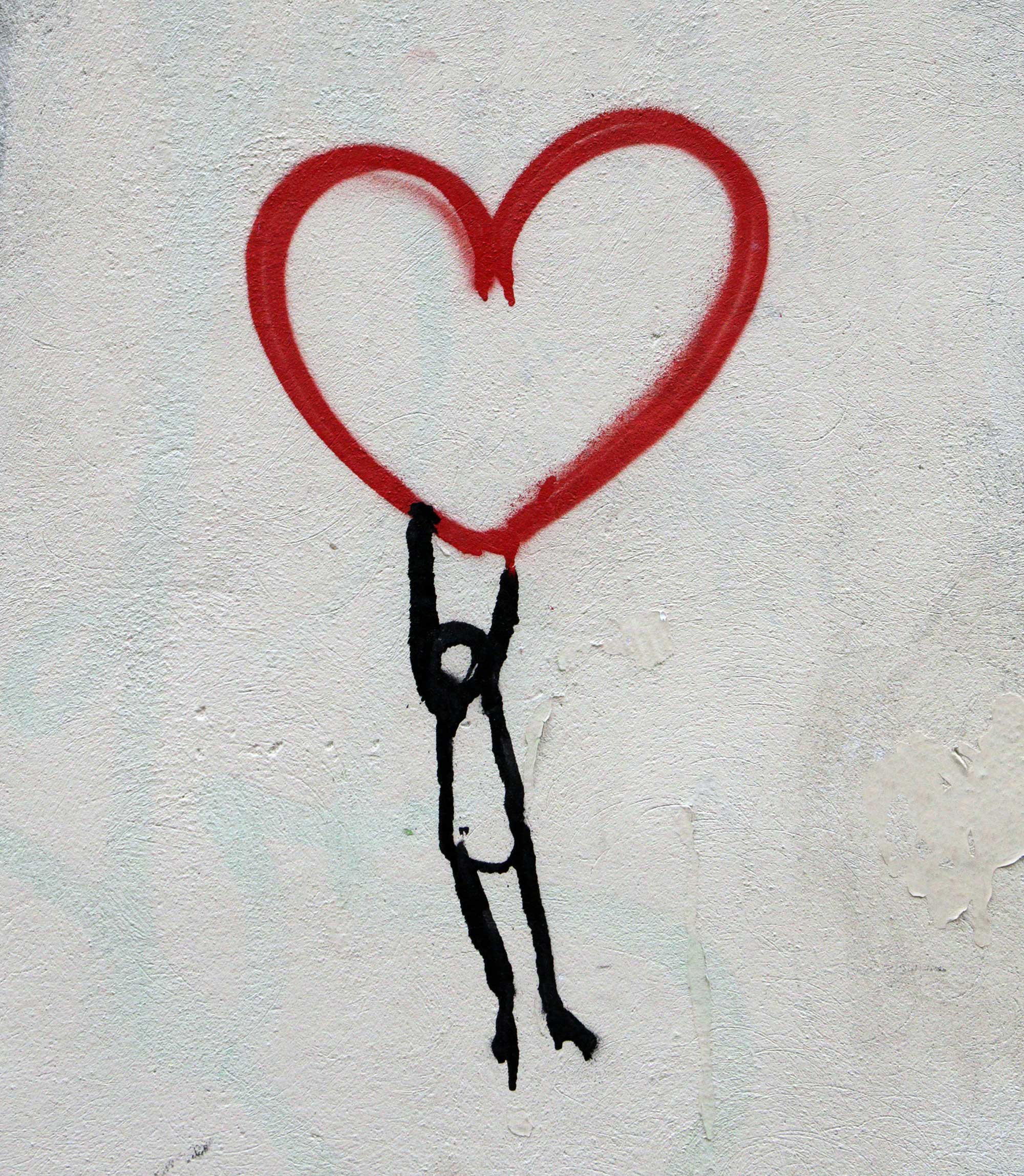
Depression is different for everyone
Depression affects everyone differently. Your symptoms are unique to you.
However, if you have been experiencing any of the symptoms listed at the bottom of this page for two weeks or longer, you may be depressed.
There is questionnaire you can take to more fully understand if you might be depressed, but remember that this will only give you a place to start.
A doctor or mental health professional should make your final diagnosis.
If you’ve read this far, good for you! You’re already making progress.You’re addressing an important part of your health.
Follow the questionnaire to find out if you might be depressed, and keep reading to learn what to do next.
We’re glad you’re here, and we believe that you can feel better soon. Healing may not happen all at once, and that’s OK. Eat something, get the rest you need, and whenever you’re ready, we’ll be here.
You don’t have to do this alone.
DEPRESSION QUESTIONNAIRE
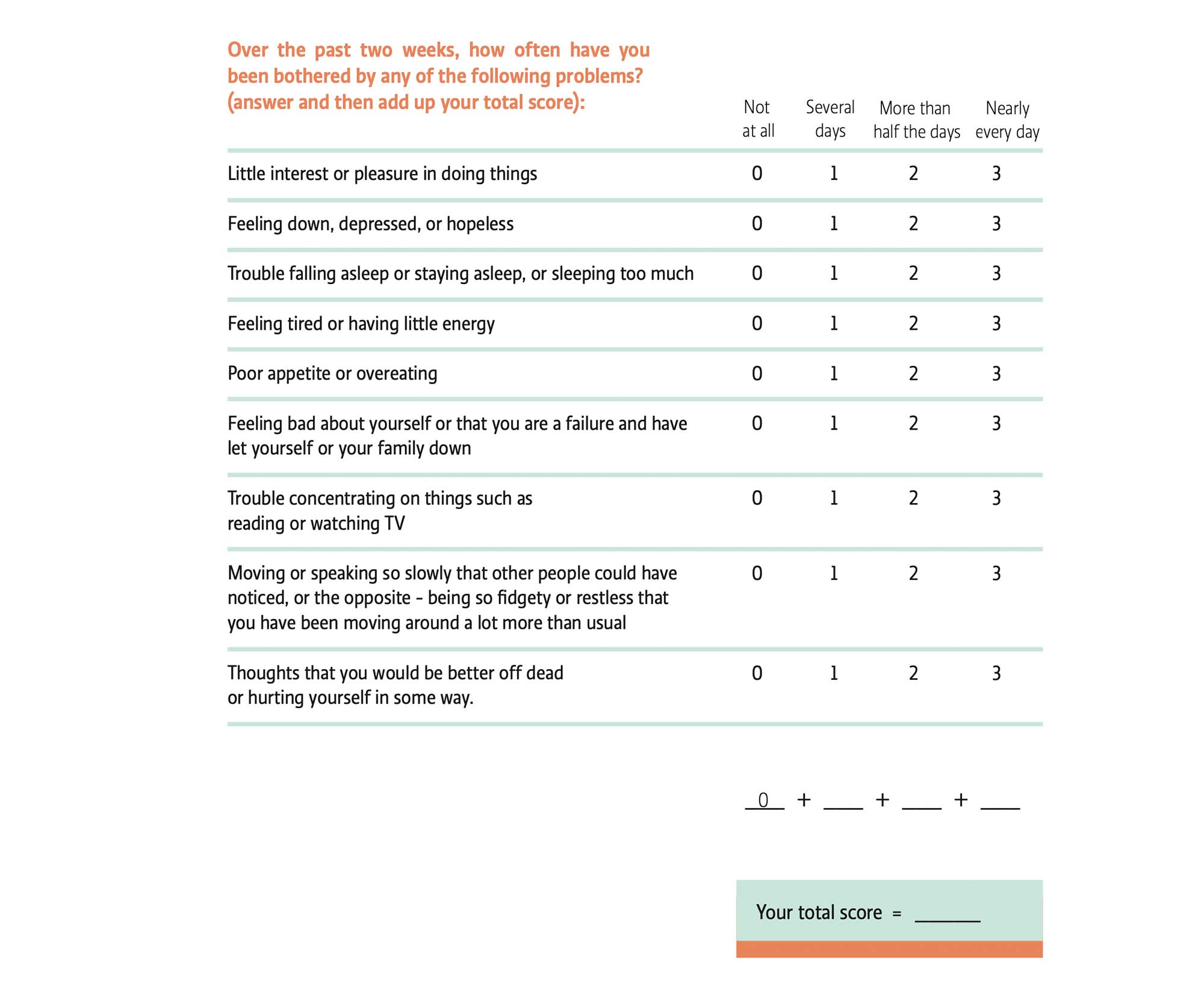
SCORING
The PHQ-9 says a lot.
More than you’d think for nine short questions. Some of the details are probably more useful for your doctor or psychiatrist, but the basic scoring is simple.
After you read up, be sure to bring your full questionnaire to your doctor or therapist. He or she will look at your answers individually and make a treatment plan.
Before you start:
If you scored anything higher than a zero on the final question, you need to talk to someone you trust as soon as you can.
Keeping you safe is priority one. If you aren’t sure who to talk to, skip to the resources for ideas. Or, to speak with someone right now, call the national suicide prevention lifeline: 13 11 14 or chat online at www.lifeline.org.au
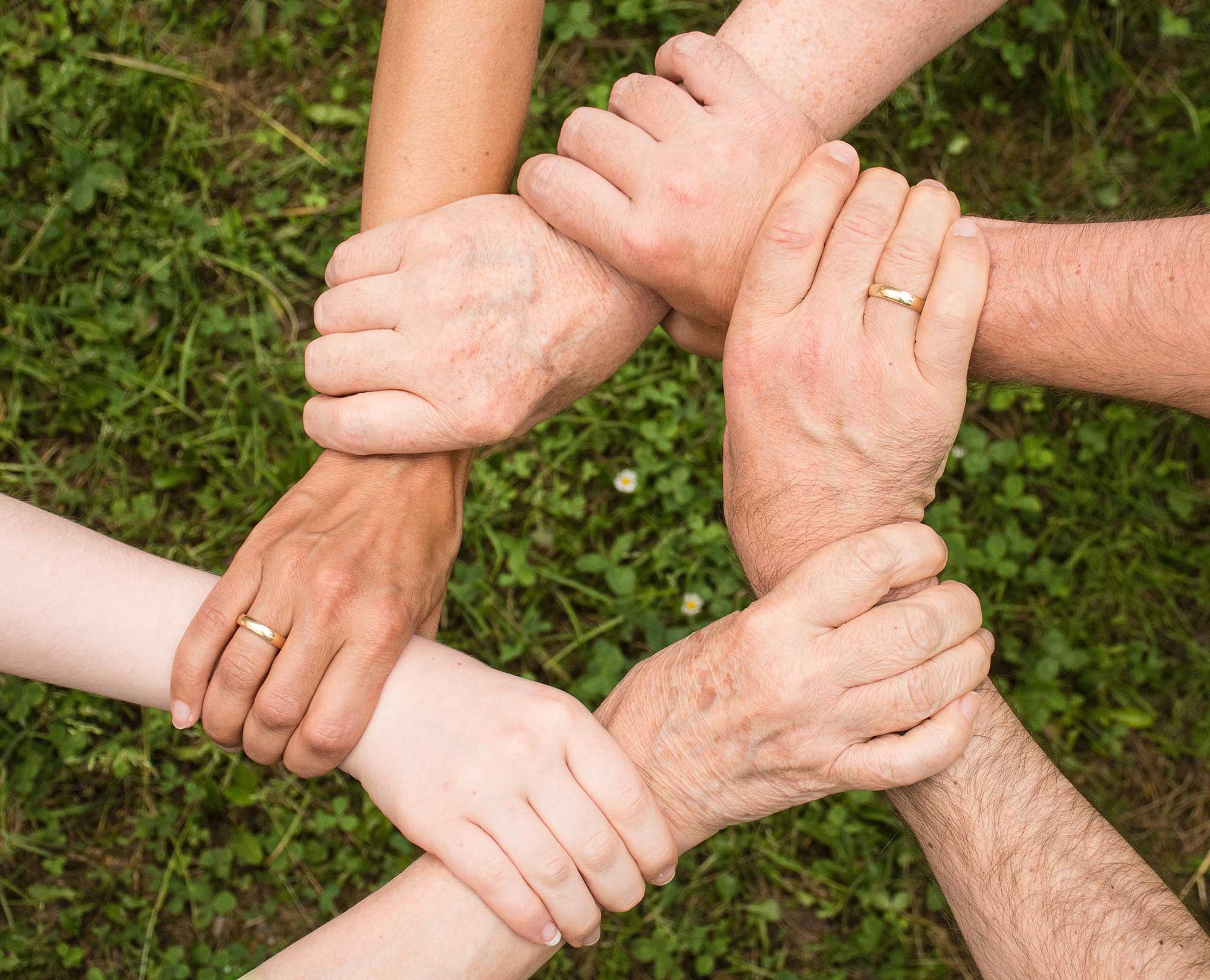
0-4 – Minimal or no depression
Good news! Your depression level is low. This doesn’t mean you’ve never had depression before, or that you can’t benefit from the tips in this booklet. It does mean that depression is probably not a major disruption to your life right now. If you have concerns or aren’t sure this is right, you should still talk to your doctor or someone you trust.
5-9 – Mild depression
Your depression may not be as severe as some people have experienced right now, but it’s real, and it hurts. We see you. Check with your doctor for a medical work-up, if you haven’t had one yet, find a safe person to talk to, and keep reading for more steps you can take.

10-14 – Moderate Depression
Depression is weighing you down, and we’re so sorry. At this level, it’s a good idea to get some treatment advice from a doctor and perhaps a therapist, in addition to the steps you can take on your own. Page 14 has a few tips for finding people who can help. This booklet, and the others in the series, have suggestions that can help you heal. Of course, they’ll be most helpful when combined with medical advice.
15-19 – Moderately Severe Depression
A lot of your energy is getting sucked away by depression right now, and we just want to say we’re proud of you for keeping on with your life. It’s not easy. But it can and will get better. Look at our tips for moderate depression, and keep in mind that, for a PHQ-9 score this high, your doctor will probably suggest counseling and maybe medication, depending on your needs and what works for you. Don’t give up.
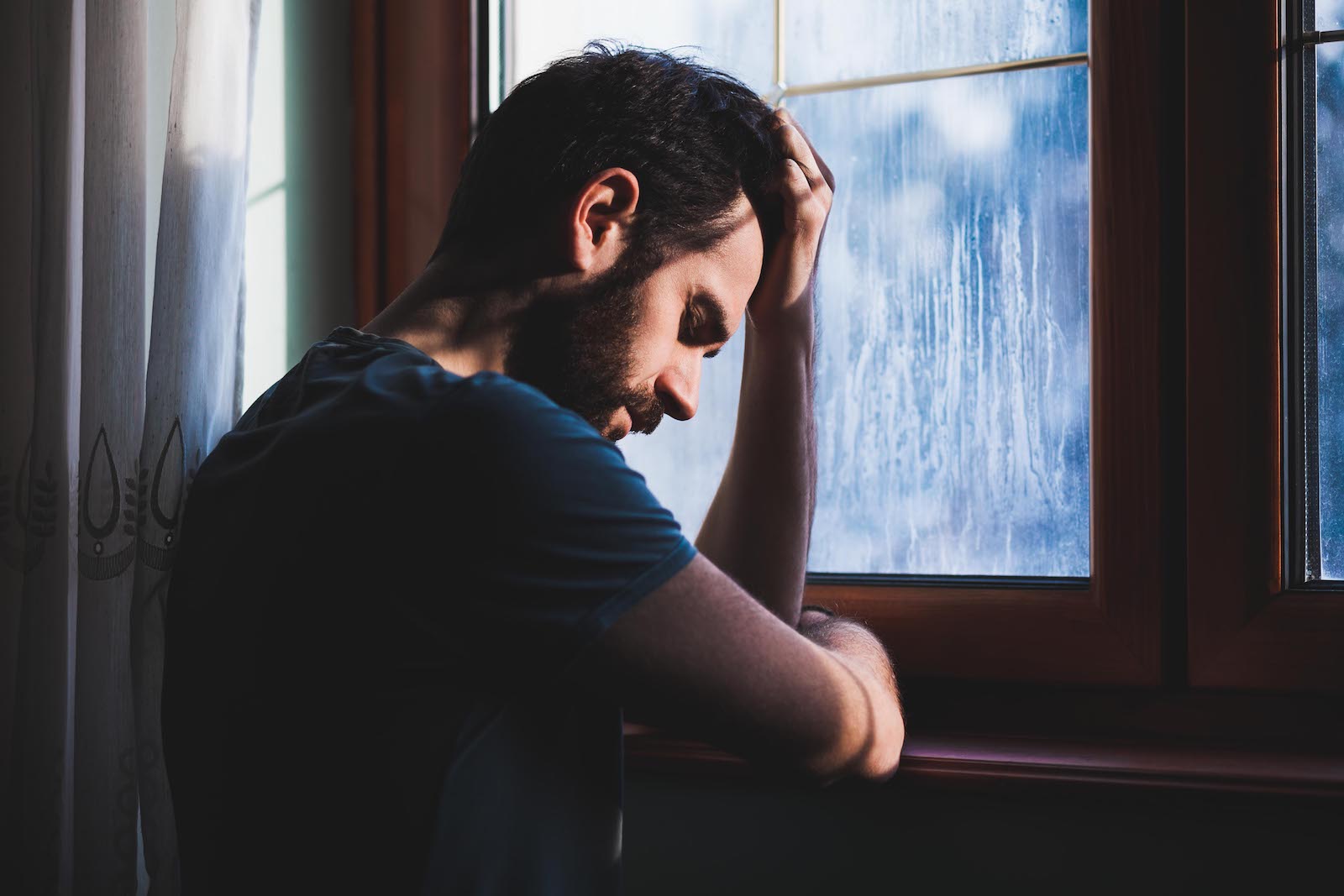
20-27 – Severe Depression
Every morning you wake up, and depression is there. It wants to get you down. It wants you to think there’s no point in trying. But here you are, reading this booklet, looking for the light, even though you’re exhausted from dragging yourself through the day with depression’s lead weight on your back. We see you, and you’re a hero.
Our tips for moderate and moderately severe depression might help, and try to see a doctor as soon as you can. Celebrate every step toward healing. You’re making progress through the fog, and we’re proud of you.

UNDERSTANDING YOUR ILLNESS

Learning about the factors involved in depression, and the different types of depressive disorders will help you to have an educated conversation with your doctor about your condition.
This article is from the National Institute for Mental Health website, and has been lightly edited for clarity and flow.

Depression is a real illness
When a person has depression, it interferes with daily life and normal functioning. It can be painful, both for the person with depression and for those who care about him or her. Doctors call this condition “depressive disorder,” or “clinical depression.”
Depression is a real illness. It is not a sign of a person’s weakness or a character flaw. You can’t “snap out of” clinical depression, and most people who experience depression need treatment to get better.

Factors that play a role in depression
Many factors can play a role in depression, including genetics, brain biology and chemistry, and life events such as trauma, loss of a loved one, a difficult relationship, an early childhood experience, or any stressful situation.
Depression can happen at any age, but often begins in the teens or early 20s or 30s.
Most chronic mood and anxiety disorders in adults begin as high levels of anxiety in children. In fact, high levels of anxiety as a child could mean a higher risk of depression as an adult.
Depression can co-occur with other serious medical illnesses such as diabetes, cancer, heart disease, and Parkinson’s disease. Depression can make these conditions worse, and vice versa.
Sometimes medications taken for these illnesses may cause side effects that contribute to depression. A doctor experienced in treating these comp licated illnesses can help work out the best treatment strategy.
Types of Depression
There are several types of depressive disorders.
Major depression interferes with the ability to work, sleep, study, eat, and enjoy life. The good news is that major depression doesn’t usually last forever. Some people experience only one period of major depression during their lives, but it usually occurs in several episodes.
Persistent depressive disorder is a depressed mood that lasts for at least two years. A person might be diagnosed with this disorder after experiencing episodes of major depression, along with periods of less severe symptoms, as long as the symptoms have lasted for at least two years.
Psychotic depression occurs when a person has severe depression plus some form of psychosis. Examples might be: disturbing false beliefs, a break with reality (delusions), or hearing/seeing upsetting things that others can’t hear or see (hallucinations).

Postpartum depression is much more serious than the typical “baby blues” that many new mothers go through. For about 10 to 15 percent of women, the hormonal and physical changes of having a child, combined with the new responsibility of caring for a newborn, can be overwhelming and lead to depression. This condition should be taken seriously, for the health of both mother and child.
Seasonal affective disorder (SAD) refers to depression that sets in during the winter months, when there is less natural sunlight. This depression generally lifts during spring and summer. Light therapy sometimes helps to treat SAD, but close to half of people with SAD do not get better with light therapy alone. Antidepressant medication and talk therapy can also reduce SAD symptoms, either along with or instead of light therapy.
Bipolar disorder is different from depression. The reason it is included in this list is because someone with bipolar disorder experiences episodes of extremely low mood, or depression. However, bipolar disorder also causes extremely high moods, called “mania.” “Getting evaluated by an appropriate professional is especially important if you think your depression might be part of a Bipolar Disorder,” says Dr. Jon Betlinski, a psychiatrist at Oregon Health & Science University and one of the authors of this booklet.

Treatment for Depression

Depression, even the most severe cases, can be treated. The earlier treatment begins, the more effective it is.
Most adults see an improvement in their symptoms when treated with antidepressant drugs, talk therapy (psychotherapy), or a combination.
Other tips that may help you or a loved one during treatment for depression: try to be active and exercise, set realistic goals for yourself, try to spend time with other people, and confide in a trusted friend or relative.
Try to let others help you. Often during treatment for depression, sleep and appetite will begin to improve before your mood lifts.
You are not alone
If you have depression, you may feel exhausted, helpless, and hopeless. It may be extremely difficult to take any action to help yourself.
But you are not alone. Expect your mood to improve gradually, not immediately. With time and treatment, the depression will lift.

Going beyond treatment: What can you do on your own? Try these tips from the NIMH.
Try to be active and exercise. Go to a movie, a ballgame, or another event or activity that you once enjoyed.
Set realistic goals for yourself. Break up large tasks into small ones, set some priorities, and do what you can as you can.
Try to spend time with other people and confide in a trusted friend or relative. Try to let others help you.
Expect your mood to improve gradually, not immediately. Do not expect to suddenly “snap out of” your depression. Often during treatment for depression, sleep and appetite will begin to improve before your mood lifts.
Postpone important decisions, such as getting married or divorced or changing jobs, until you feel better. Discuss decisions with others who know you well and have a more objective view of your situation.
Remember that positive thinking will replace negative thoughts as your depression responds to treatment.

THE SPIRAL STAIRCASE TO RECOVERY
